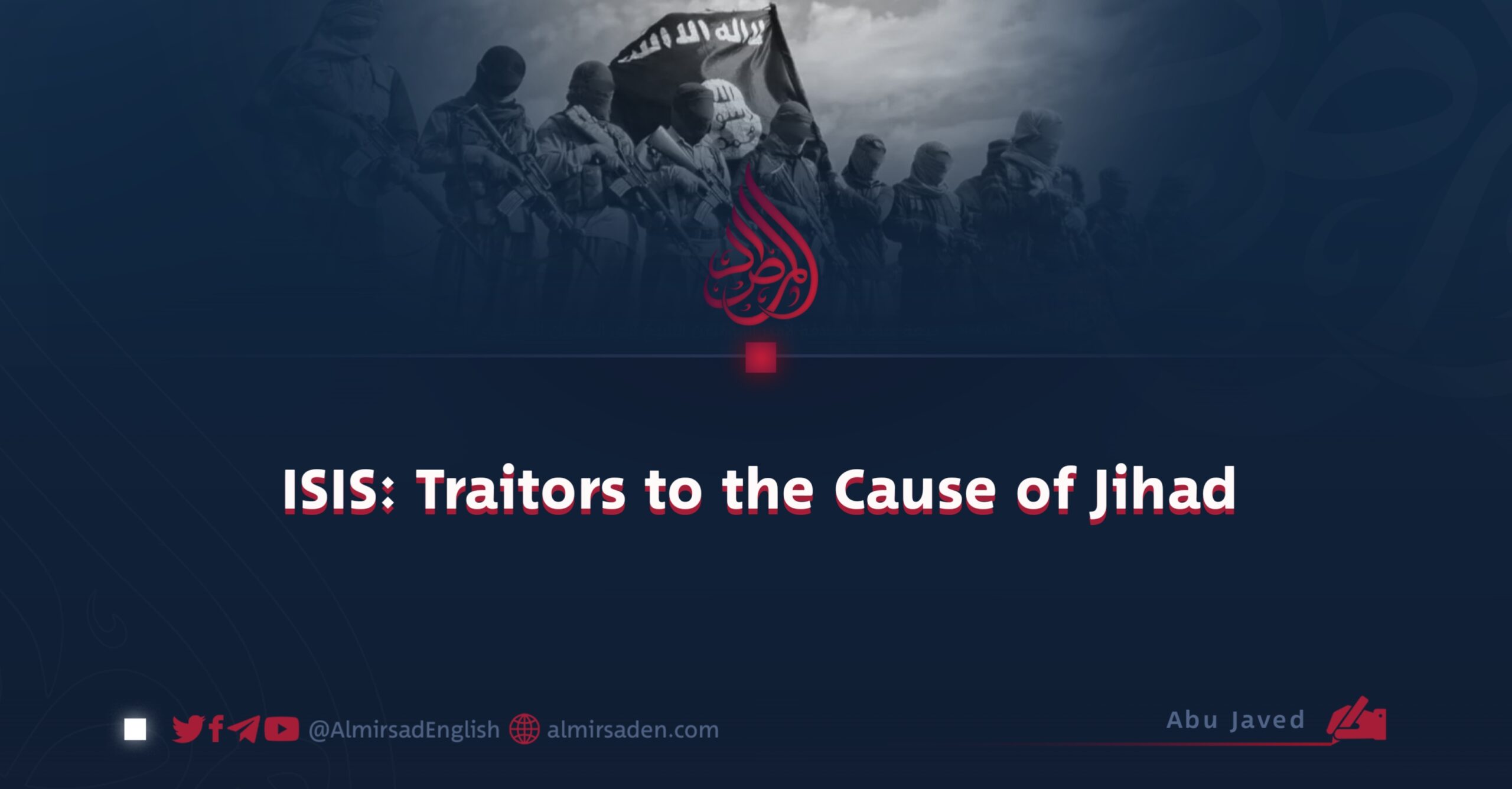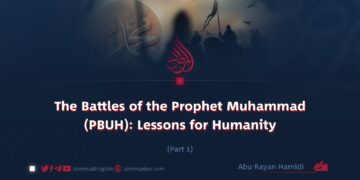Author: Abu Javed
In the golden philosophy of Islam, jihad is a noble concept—one that has historically elevated its adherents to the heights of honor, dignity, and freedom, while humbling its adversaries with shameful defeat. This sacred principle, however, has been grievously defamed by a handful of deviant and malevolent actors. However, in recent times, a few deviant and destructive elements have distorted this sanctified term. Equally revered concepts such as the Caliphate and the Islamic State have been defamed by violent rebels and extremists, whose actions have so tarnished these terms that their mere mention now evokes revulsion among much of the Muslim Ummah.
Among the most notorious of these movements is ISIS—an organization that has committed unspeakable crimes under the guise of jihad. In reality, their actions bear no resemblance to legitimate jihad as defined by Islamic jurisprudence and tradition. Instead, ISIS has hijacked Islamic terminology to advance foreign interests and geopolitical agendas, functioning as a virtual representation of premeditated schemes designed by adversaries of Islam.
Its actions are devoid of Islamic legitimacy, particularly when it comes to the sanctity of Muslim life. Islam categorically prohibits the killing of Muslims in the name of jihad. Rebellion against legitimate rulers, and the targeted killing of scholars, children, and the righteous, are not only unrelated to jihad—they are considered reprehensible and sinful acts in Islam. Perpetrators of such crimes must seek the forgiveness of the Almighty for their grave transgressions.
Islamic teachings are rooted in compassion, justice, and the peaceful propagation of faith. Even in dealings with disbelievers, Islam prescribes a process of da’wah (invitation) before any engagement in combat. Violence is permitted only after all peaceful avenues have been exhausted and even then, only under strict conditions.
This peaceful approach underscores Islam’s desire to avoid bloodshed and foster understanding. How, then, could Islam possibly sanction warfare against fellow Muslims? Whether ISIS’s actions stem from ideological misguidance, theological ignorance, or intentional service to foreign designs, they constitute a grave betrayal of the Muslim Ummah.
In their practice, ISIS has flagrantly violated the principles of the Prophet Muhammad (peace be upon him), who emphasized mercy and ethical conduct, even in war. The Prophet commanded:
“استوصوا بالأساری خیرا”
“Treat prisoners well. “Al-Mu’jam al-Kabir (Al-Tabarani)
ISIS, however, has shown no regard for this Prophetic injunction. Instead of humane treatment, it has declared fellow Muslims as apostates based on erroneous and extremist interpretations, then proceeded to execute or immolate them in horrific acts of brutality.
This behavior starkly contradicts another Prophetic tradition:
“عن عمران بن حصین قال: کان رسول الله یحثنا علی الصدقة و ینهانا عن المثلة”
“Imrān ibn Ḥuṣayn reported: The Messenger of Allah used to encourage us to give charity and forbade mutilation.”
(Sunan Abī Dāwūd, 2667)
Muthla—the mutilation of the bodies of the dead—has become a hallmark of ISIS’s cruelty, in clear defiance of Islamic teachings.
Even more reprehensible is their practice of burning people alive, a method explicitly condemned by the Prophet (PBUH), as reported by Abū Huraira:
عن أبي هريرة قال: بعثنا رسول الله صلى الله عليه وسلم في بعث، فقال: “إنْ وجدتم فلانا وفلانا فأحرقوهما بالنار”، ثم قال: “حين أردنا الخروج إني أمرتُكم أن تُحرقوا فلانا وفلانا، وإن النار لا يعذب بها إلا الله، فإنْ وجدتموهما فاقتلوهما”.
“The Messenger of Allah sent us on an expedition and said: ‘If you find so-and-so, burn them with fire.’ But when we were about to depart, he said: ‘I had commanded you to burn so-and-so, but none punishes with fire except Allah. So if you find them, kill them (instead).'”
(Ṣaḥīḥ al-Bukhārī, 2852)
The scholarly consensus (ijmā‘) on the prohibition of mutilation and burning has been recorded by respected jurists such as Ibn ʿAbd al-Barr and al-Ṣanʿānī (may Allah have mercy on them). Yet, the self-declared founders of an “Islamic State” openly transgress these well-established boundaries. Their violations are not confined to these areas alone—they have also undermined the agreed-upon conditions for takfīr (declaring someone a disbeliever). By branding even major sinners as disbelievers, ISIS has rebelled against the collective jurisprudential consensus of the Ummah.
What is particularly appalling is that their brutality is not directed at disbelievers, but at Muslims themselves—especially those who pose a threat to Western interests. Their violence falls squarely within the prophetic warning regarding the Khawārij, of whom the Prophet (PBUH) said:
“یقتلون أهل الإسلام، و یدعون أهل الأوثان”
“They kill the people of Islam and spare the idol-worshippers.”
(Ṣaḥīḥ al-Bukhārī, 3166)
Conclusion:
ISIS is not a representative of jihad but rather its defiler. Advancing foreign agendas under a sacred banner, the group has trampled upon every ethical, legal, and spiritual foundation of legitimate jihad. Their campaign of terror and savagery stands in stark contrast to the true essence of jihad in Islam, which is disciplined, just, and directed against transgression—not against innocent Muslims. In truth, ISIS’s actions are not jihad—they are a betrayal of it.



















































